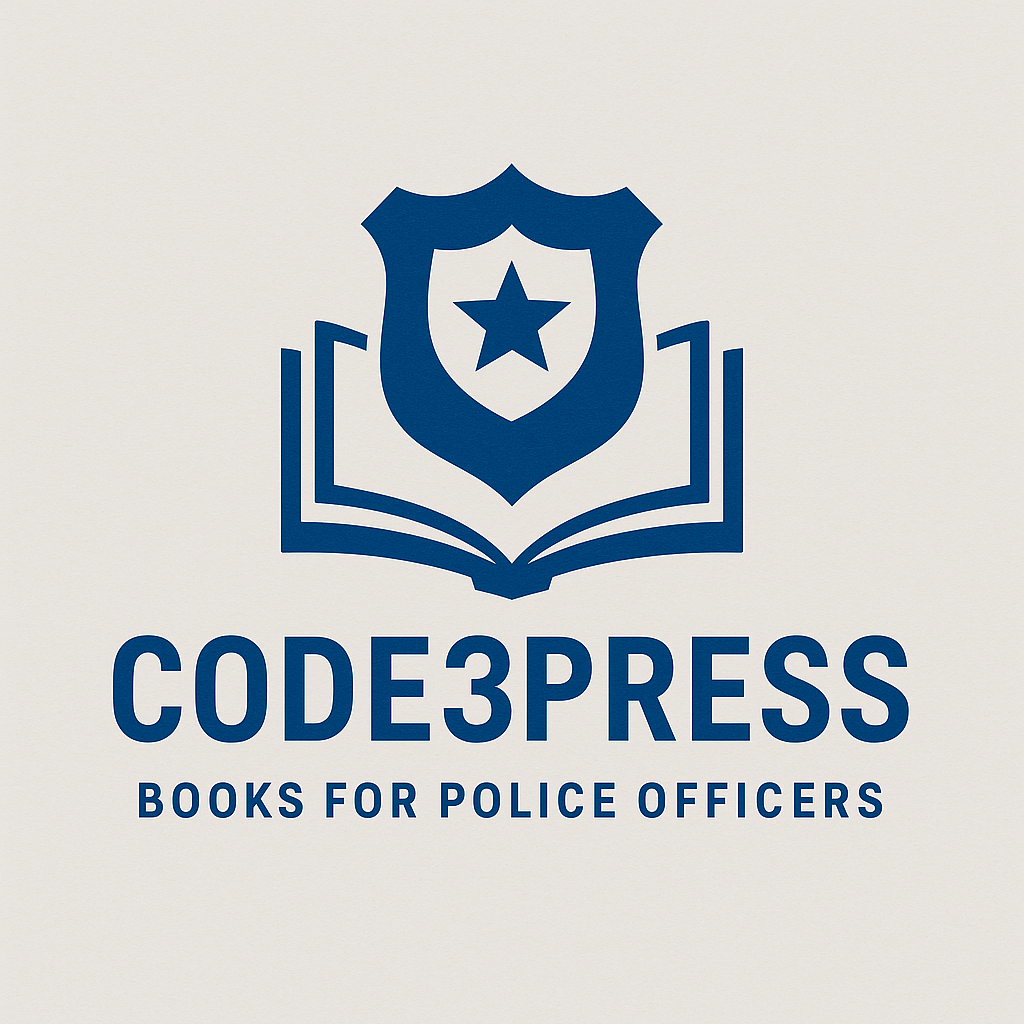How to Choose the Right Interview Examples (and Build Experience That Actually Counts)
There’s a moment in every police interview that separates the ones who’ve prepared from the ones who haven’t. It’s when the panel leans forward, looks you square in the eye, and asks:
“Tell us about a time you dealt with a difficult situation.”
It sounds simple. But that question is a trap for anyone who hasn’t thought deeply about what story they’re going to tell—and why.
Because your answer isn’t just a story. It’s a test.
It’s a measure of your judgment, emotional control, decision-making, and self-awareness—all wrapped in a three-minute response. And that’s exactly why choosing the right examples is one of the most important parts of your police interview prep.
The Coffee Shop Lesson
A few years ago, a recruit named Jordan walked into his panel interview full of confidence. He’d worked security, volunteered at a youth center, and shadowed officers on patrol. He had real-world experience—good experience.
But when the panel asked, “Tell us about a time you resolved a conflict,” he froze.
After a long pause, he blurted out a story about breaking up an argument between two customers at the coffee shop where he used to work.
He described how one guy spilled another’s drink, how he apologized, how everyone walked away. It was honest—but it didn’t show anything.
The panel wasn’t looking for “I stopped two guys from fighting.” They were looking for evidence that he could:
Stay calm under pressure.
Communicate assertively.
De-escalate using judgment and empathy.
Jordan’s story didn’t prove those things because he hadn’t chosen the right kind of example.
Why “Good Enough” Isn’t Good Enough
Many applicants fall into the same trap: they pick stories that sound fine on the surface—but lack depth and transferable skills.
They confuse experience with evidence.
The difference?
Experience is what happened to you.
Evidence is what you learned and how you responded.
The interview panel wants to know if you can think critically, make ethical decisions, and maintain professionalism when it matters most. That means your examples should show growth, responsibility, and reflection.
The STAR Rule Still Works—If You Use It Right
You’ve heard of STAR:
Situation, Task, Action, Result.
It’s simple—but that’s exactly what makes it powerful.
The problem is, most candidates rush through the “why” and focus too much on the “what.”
When you describe your example, don’t just tell the panel what happened. Tell them why it mattered.
What made this situation challenging?
What was at stake?
How did you decide what to do?
What did you learn about yourself afterward?
Those last two questions are where strong candidates rise above the rest.
Building Better Examples (Even If You Haven’t Worn a Uniform Yet)
Here’s the truth: you don’t need to be a police officer—or even have a law enforcement background—to give strong interview examples.
What you need are real-world situations where you demonstrated core policing competencies like teamwork, leadership, judgment, empathy, and accountability.
If you’re light on experience, build it intentionally. Here’s how:
Volunteer in high-responsibility roles.
Think crisis hotlines, youth mentorship, community patrols, or hospital programs. You’ll build empathy, communication skills, and situational awareness.Work in people-centered environments.
Security, customer service, coaching, or corrections—all put you in real scenarios that mirror the emotional and ethical challenges of policing.Take initiative.
Panels love examples that start with “I noticed something wasn’t working, so I stepped up and fixed it.” It shows ownership—something every police service values.Reflect after the fact.
Keep a “Competency Journal.” Write down each time you handled conflict, took leadership, made a judgment call, or dealt with stress. Over time, you’ll have a bank of polished stories ready to use.
The Story Behind the Story
Back to Jordan—the recruit from the coffee shop.
He didn’t get hired that round. But he learned.
He started volunteering with a community outreach program, working with at-risk youth. He took de-escalation training. Six months later, when he reapplied, his examples were completely different.
When the panel asked again about conflict, he described a real moment:
A teenager in crisis, angry and scared. Jordan stayed calm, kept his voice low, and built trust instead of control.
This time, the story wasn’t about two strangers and a spilled latte. It was about connection, judgment, and heart.
That’s the kind of story that gets remembered.
Closing Thoughts
Your stories don’t have to be dramatic. They just have to show who you are when things get hard.
If you’re preparing for your police interview, start collecting those moments now. Reflect on them. Write them down. Build your personal library of experiences that prove your readiness—not just your interest.
Because in the end, the interview isn’t just about what you’ve done.
It’s about who you’re becoming.
Ready to Go Beyond Basic Prep?
If you’re serious about becoming a police officer, don’t leave your success up to chance.
Join the Code3Press Membership—the most complete police prep system in Canada.
You’ll get unlimited access to:
✅ Full-length practice tests designed by real officers
✅ The STAR Interview Course and downloadable prep tools
✅ Written report and judgment training modules
✅ A 16-week fitness program to crush your physical test
✅ Continuous updates and new material every month
Train like a professional before you wear the badge.
Join Code3Press Membership Today — and step into test day fully prepared.
